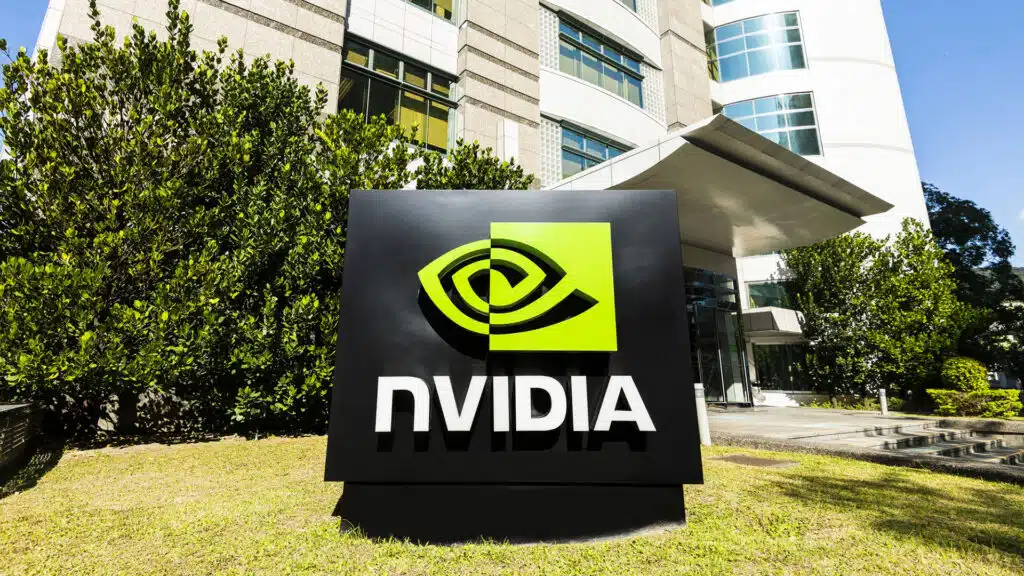The News: NVIDIA AI Enterprise on Oracle Cloud Infrastructure Supercluster enables government organizations to build and deploy scalable and secure deep learning workloads quickly. Read the press release here.
The Rise of Sovereign Cloud in a Dynamic Geopolitical Landscape
Analyst Take: In today’s world, where data sovereignty and cybersecurity are at the forefront of national security concerns, the concept of a sovereign cloud has become increasingly important. Sovereign cloud refers to cloud services that store data within a country’s borders, adhering to its specific laws and regulations regarding data residency, privacy, and security. This approach is particularly appealing in a dynamic geopolitical landscape where governments are wary of international tensions and the risks of data breaches or foreign surveillance.
Governments are now more inclined to demand that their data be stored within their territories to ensure that they have complete control over their information and that it is protected under their legal systems. This trend is driven by the need to protect sensitive citizen data, maintain national security, and foster trust in digital transformations. The demand for sovereign cloud solutions is thus rising, as they offer a way to align with national regulations while harnessing the benefits of cloud computing—scalability, efficiency, and cost savings.
Oracle’s Strategic Move with NVIDIA
Oracle recently announced a significant enhancement to its cloud offerings by integrating NVIDIA AI Enterprise on its Oracle Cloud Infrastructure Supercluster within the Oracle U.S. Government Cloud region. This strategic move is designed to cater specifically to the stringent requirements of US government clients, providing them with powerful AI capabilities and high-performance computing resources necessary for sensitive and critical operations.
The collaboration between Oracle and NVIDIA builds on their expanded partnership, bringing state-of-the-art AI tools and infrastructure to the forefront of government operations. Oracle Cloud Infrastructure’s integration with NVIDIA AI Enterprise not only promises enhanced performance through access to NVIDIA’s top-tier GPUs, including the NVIDIA H100 and A100 Tensor Core GPUs, but also offers ultra-low-latency networking and secure storage solutions. This setup is engineered from the ground up to meet the rigorous security and compliance demands necessary for handling government data.
Key components of this offering include NVIDIA’s AI software suite, which accelerates the development and deployment of AI applications. Government agencies can leverage this technology for various purposes, such as semantic search, document understanding, and content summarization. This suite also includes NVIDIA NIM, a collection of cloud-native inference microservices, and NVIDIA NeMo for training and inferencing frameworks.
The announcement highlights Oracle’s commitment to supporting sovereign AI initiatives, providing a robust infrastructure that allows government agencies to deploy AI solutions securely and efficiently. With these advancements, Oracle is leading the charge in sovereign AI adoption, enabling government entities to innovate without compromising on security.
Looking Ahead
Oracle’s recent announcement comes at a time when other tech giants, such as IBM and Amazon Web Services (AWS), are also increasing their investments in sovereign cloud solutions across different regions. IBM’s significant investment in Canadian cloud regions and AWS’s expansion in Japan are part of a broader industry trend where global cloud providers are actively adapting to meet local data residency and security requirements.
These developments underscore the growing importance of sovereign clouds as essential components of national infrastructure in the digital age. Governments are increasingly looking for cloud solutions that not only meet their immediate operational needs but also align with national security policies and economic strategies.
Oracle’s approach, particularly with the Oracle Cloud Infrastructure Supercluster for government clients, positions it strongly in the market. Its strategy focuses on providing high-level performance and security tailored to government needs, which could give it an edge over competitors. Furthermore, Oracle’s distributed cloud strategy, which includes the Alloy platform, offers customers more control over their operations and the location of their data, which is a critical factor in supporting digital sovereignty.
Oracle’s ability to start with smaller, more controlled deployments could also be advantageous as it allows for more flexibility and customization based on specific government requirements. This approach could make Oracle a preferred partner for governments looking to embark on digital transformation journeys while ensuring compliance with local regulations.
As sovereign clouds become increasingly vital for governmental operations worldwide, providers such as Oracle are well-positioned to lead the way in innovation and security. Oracle’s focus on creating tailored, compliant, and secure cloud solutions is likely to resonate strongly with governments seeking to leverage the power of AI and cloud computing while maintaining strict control over their data. Oracle’s strategic initiatives, along with similar moves by other industry leaders, are setting the stage for a new era of cloud computing where sovereignty, security, and innovation go hand in hand.
Disclosure: The Futurum Group is a research and advisory firm that engages or has engaged in research, analysis, and advisory services with many technology companies, including those mentioned in this article. The author does not hold any equity positions with any company mentioned in this article.
Analysis and opinions expressed herein are specific to the analyst individually and data and other information that might have been provided for validation, not those of The Futurum Group as a whole.
Other Insights from The Futurum Group:
Sovereign Cloud: AWS’s Strategic Expansion in Japan
IBM Invests in Canadian Cloud Sovereignty
Oracle Fiscal 2024 Q3: Results Fueled by Cloud and Generative AI Surge
Author Information
Steven engages with the world’s largest technology brands to explore new operating models and how they drive innovation and competitive edge.







